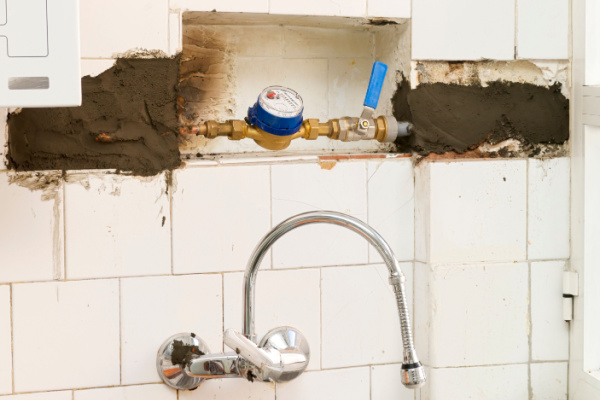A proposal announced Thursday by the Environmental Protection Agency (EPA) aims to remove all lead drinking water pipes across the country within a decade.
As NBC News reports, the lead and copper rule improvements would require utilities to replace lead service lines within 10 years regardless of the lead levels that register in water samples. The proposal is designed to prevent public health crises around contaminated drinking water — such as what occurred in 2014 in Flint, Michigan — from happening again in the future.
Contaminated drinking water disproportionately affects poor communities and communities of color. As such, access to safe drinking water remains a cornerstone of public health and environmental justice.
The rule would be the strictest lead regulations in more than three decades, The Associated Press (AP) reported. “A game changer for kids and communities, EPA’s proposed new lead and copper rule would help ensure that we will never again see the preventable tragedy of a city, or a child, poisoned by their pipes,” Dr. Mona Hanna-Attisha, a pediatrician in Flint and the associate dean for public health at the Michigan State University College of Human Medicine, said in a statement.
The EPA said the proposal is a key step toward President Joe Biden’s goal of removing all lead pipes in the country and is part of the administration’s broader push to limit lead exposure, which can damage the brain and nervous system, among other health consequences.
The rule would require water systems to replace a minimum of 10% of their lead pipes each year. It also aims to improve sampling protocols and would lower the lead action level in drinking water from 15 micrograms per liter to 10 micrograms per liter.
Established standards require water systems to take action if 10% of samples are found to have lead levels higher than 15 micrograms per liter.
Biden and Vice President Kamala Harris “believe that everyone should be able to turn on the tap and know that the glass of water they pour is safe to drink,” Brenda Mallory, chair of the White House Council on Environmental Quality, said in a statement, adding that the EPA proposal represents a “major advancement in protecting children and families from lead.”
—
Photo Credit: Gena Melendrez / Shutterstock.com
